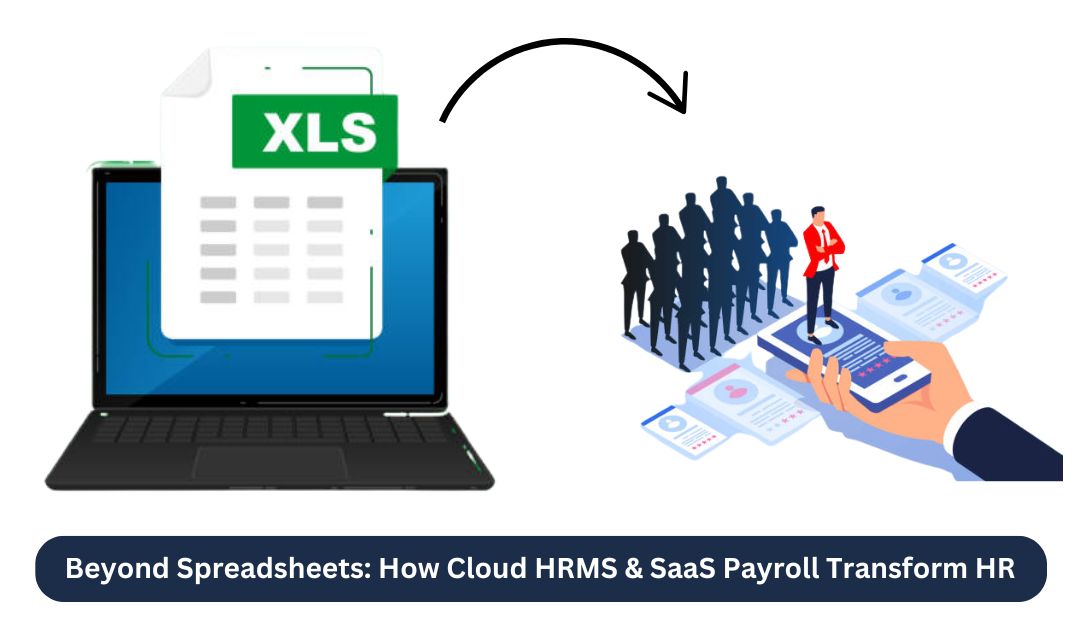Build and Customize Your Own CRM System with a Customer Database

In today’s competitive market, having a well-structured Customer Database is essential for businesses looking to maximize sales, enhance customer relationships, and boost revenue. A properly maintained customer database allows companies to store, manage, and utilize valuable client information, ensuring timely and effective communication with potential and existing customers.
A customer database not only helps in tracking past interactions but also provides valuable insights into customer preferences, behavior, and future needs. With a customized CRM system, businesses can optimize marketing campaigns, automate processes, and enhance the overall customer experience.
In this comprehensive guide, we will discuss the importance of a customer database, how it contributes to sales and marketing strategies, and how you can create a customized CRM system tailored to your business needs. Additionally, we’ll provide templates and software recommendations to help you streamline customer data management and maximize efficiency.

What Is a Customer Database?
A customer database, also known as a client database, is a structured collection of customer information used by businesses to maintain contact details, purchase history, and other relevant data. It serves as a valuable tool for customer relationship management (CRM) and can significantly enhance sales and marketing strategies.
A typical customer database includes:
- Basic Personal Information: Name, age, gender, and demographic details.
- Professional Information: Company name, job title, industry, and business size.
- Contact Information: Email addresses, phone numbers, and physical addresses.
- Purchase History: Past purchases, preferences, and transaction details.
- Engagement Data: Interactions with the brand, customer service inquiries, and feedback.
- Behavioral Insights: Frequency of purchases, website visits, and interaction with marketing materials.
Why Having a Customer Database is Crucial for Your Business?
A well-maintained customer database offers multiple benefits that contribute to business success. Here are some of the primary advantages:
1. Organizing Customer Profiles Efficiently
Having a structured database allows businesses to categorize and segment customers based on demographics, purchase behavior, and preferences. This organization helps in targeting specific customer groups effectively, leading to higher engagement and improved customer satisfaction.
2. Enhancing Sales Productivity
A detailed database enables your sales team to quickly access customer records and tailor their pitches accordingly. With instant access to past interactions and purchase history, sales executives can personalize their approach and improve conversion rates. CRM systems can automate follow-ups and reminders, ensuring consistent engagement with leads and existing clients.
3. Improving Customer Service
A robust customer database ensures that customer service teams have all the necessary details about a client at their fingertips. This leads to faster response times, personalized interactions, and better problem resolution. AI-powered CRMs can further improve response efficiency by suggesting automated responses based on past interactions.
4. Creating Targeted Marketing Campaigns
With accurate customer insights, businesses can design marketing campaigns tailored to different customer segments. This allows for better email marketing, social media advertising, and personalized promotions, improving engagement and customer retention. Additionally, predictive analytics can help businesses determine the best timing and content for outreach efforts.
5. Accelerating Revenue Growth
Businesses with structured customer databases can identify sales opportunities more efficiently, leading to increased revenue. Understanding customer preferences helps in cross-selling, upselling, and improving customer loyalty. A data-driven approach can help optimize pricing strategies and inventory management based on customer buying patterns.
6. Gaining Pipeline Visibility
A clear view of the sales pipeline allows businesses to track customer behavior and anticipate future purchases. This predictive analysis enables sales and marketing teams to proactively engage with customers and optimize sales strategies. A well-integrated CRM system can generate reports that forecast trends and measure the effectiveness of sales tactics.
Types of Customer Data Collection
To build a customer database, businesses collect data through different sources. Here are the primary types:
1. First-Party Data
This data is collected directly from customers through surveys, sign-up forms, website interactions, or purchase history. First-party data is considered highly reliable and accurate.
2. Second-Party Data
Second-party data is shared by partners or affiliated businesses. For example, a company running a joint promotion may share its customer insights with another brand.
3. Third-Party Data
This data is collected from external sources, such as data brokers, government records, or social media insights. While useful, it requires validation to ensure accuracy and relevance.
Best Customer Database Software for Your Business
Several customer relationship management (CRM) software solutions are available to help businesses manage their customer databases effectively. Here are some of the top choices:
1. HubSpot CRM
HubSpot is a powerful CRM platform that integrates sales, marketing, and customer service functionalities. It provides a user-friendly interface with automation features for better lead management.
- Website: HubSpot CRM
2. Zoho CRM
Zoho CRM is a cloud-based solution designed to enhance customer engagement and sales automation. It features AI-driven analytics to provide valuable customer insights.
- Website: Zoho CRM
3. Zendesk CRM
Zendesk is known for its customer support integration and offers a comprehensive CRM system that helps businesses manage customer interactions and improve service efficiency.
- Website: Zendesk
4. Monday Sales CRM
Monday CRM allows businesses to customize workflows, automate tasks, and track customer interactions efficiently. It’s an excellent choice for small and mid-sized businesses.
- Website: Monday CRM
5. Freshsales
Freshsales is a cloud-based CRM offering AI-powered insights and lead scoring to help businesses optimize their sales pipeline and customer relationships.
- Website: Freshsales
Customer Database Templates
To save time, consider using ready-made customer database templates:
1. Client Information Database Template
2. Excel Database Template
3. Customer Relationship Management Template
Final Thoughts
A well-structured customer database is the backbone of any successful sales and marketing strategy. It helps businesses organize customer information, improve engagement, and optimize revenue streams.
Whether you choose a professional CRM software or use Microsoft Excel, having a structured approach to managing customer data will significantly enhance your business operations and profitability.
For more business tips and free templates, check out our blog!
Source: Customer Database and How to Create Your Own CRM System
Don’t forget to explore our previous post: Technical Documentation: How to Create It + Templates & Tips











